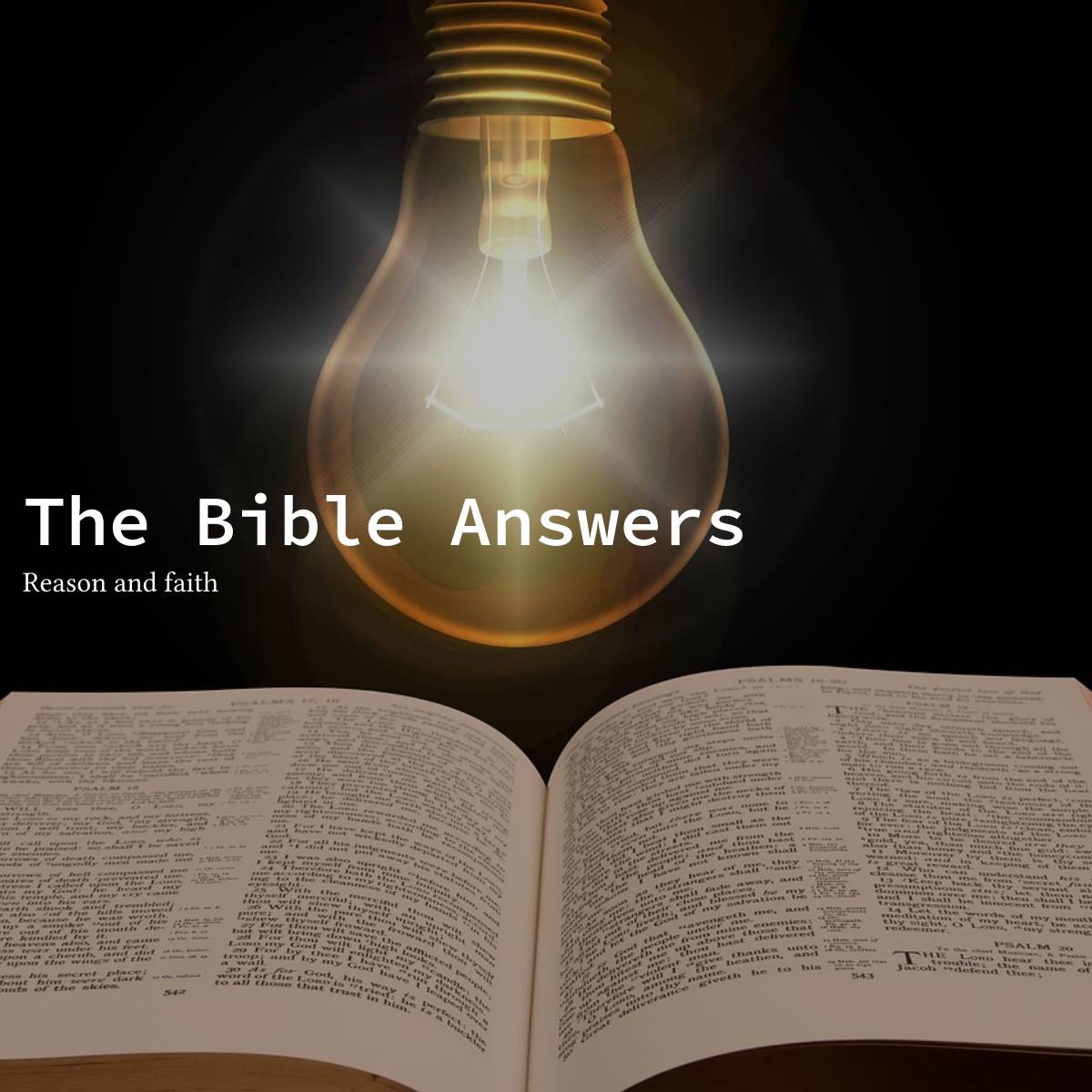Remain dispassionate
After receiving comments on the first post on Predestination I realized I should have outlined many things in the beginning. To some, it is a new concept. To others, it is known but has not been objectively considered. All serious thinkers who initially come in contact with the Biblical teaching on predestination agree it is hard. It initially fills newcomers with perplexity and bewilderment. For that reason, those who are reading this should approach it without emotion.
Who is a Christian?
It is worth noting that your view on predestination does not indicate that you are or are not a Christian. A Christian is anyone who believes & confesses Jesus Christ is the Messiah, the Son of the living God (Matthew 16:16-17) and believes in their heart that God raised Him from the dead (Romans 10:9).
It is interesting that in this same passage (Matthew 16:16-17) Jesus tells Peter (Simon son of Jonah) that his understanding of who He is was not the product of reason (flesh and blood) but of direct revelation from God the Father. In other words, Peter had nothing to do with his understanding that Jesus was the Messiah.
All Christian denominations teach predestination
You might be surprised to find all Christian denominations teach the doctrine of predestination. It does not matter if you are a Roman Catholic, Lutheran, Baptist, Presbyterian et cetera.
The Roman Catholic View
The Catholic Church permits a range of views on the subject of predestination, but there are certain points on which it is firm: “God predestines no one to go to hell; for this, a willful turning away from God (a mortal sin) is necessary, and persistence in it until the end” (CCC 1037). It also rejects the idea of unconditional election, stating that when God “establishes his eternal plan of ‘predestination,’ he includes in it each person’s free response to his grace” (CCC 600). Reference link to Catholic.com, click here.
Note: CCC 600 reads: To God, all moments of time are present in their immediacy. When therefore he establishes his eternal plan of “predestination”, he includes in it each person’s free response to his grace: “In this city, in fact, both Herod and Pontius Pilate, with the Gentiles and the peoples of Israel, gathered together against your holy servant Jesus, whom you anointed, to do whatever your hand and your plan had predestined to take place.” For the sake of accomplishing his plan of salvation, God permitted the acts that flowed from their blindness.
Rather than going into each of the Protestant views I am providing this link for those interested. Click here. Note: this link does not include the Roman Catholic view and that is why I added the accordion above containing that view.
It can get quite confusing
If you have read on this subject it is obviously an intricate set of doctrines from various denominations. Luther wrote a 402-page book on the subject called “On The Bondage Of The Will” which can make your head spin. That is just one denomination!
The main focus of the book (response letter to Erasmus) is the subject of “free will” which is seen by most as a counter to the teaching of predestination in the Bible. After all, if things are predestined (as all Christians believe in one form or another) then what of man’s will? Is it free?
This is where it really gets confusing for most of us who are mere mortals. It was for me when I first started reading about it. I know I should not make assumptions but I assume we are more alike than different.
My View In Brief
As previously mentioned, predestination is taught by all Christian denominations because it is taught in the Bible. The question will almost always come down to the free will subject.
In short, my answer is simple. The Bible is clear on predestination using that particular word (yes, even in Greek) and words like election, chosen et cetera. On the other hand, you will not find the term free will anywhere in the Bible. You do find the word “will” and “choose” but it is never said to be “free”.
Before you say that this is a distinction without a difference I ask you to reconsider. If you are still with me let’s take a deeper dive in the next post on Free Will.

